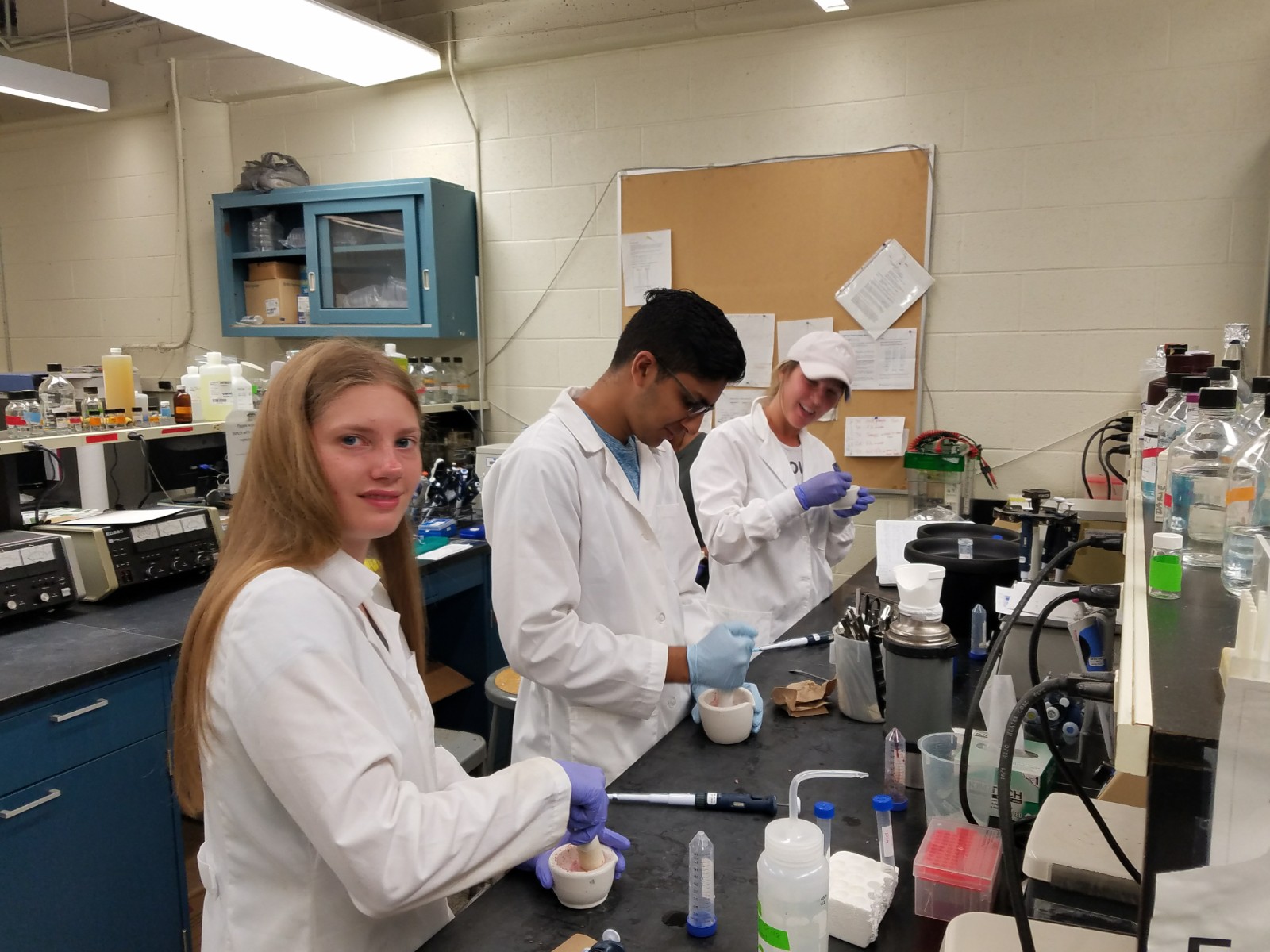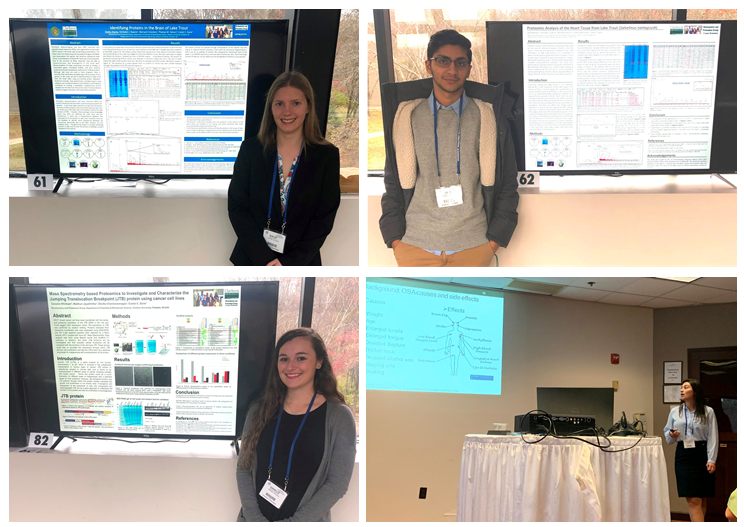This course covers everything that you need to about biological building blocks (amino acids, saccharides, nucleotides and lipids), their physico-chemical properties and their biopolymers. Their applications in pharmaceutical and biotechnological industry, as well as their impact in our health and what we eat is also discussed.
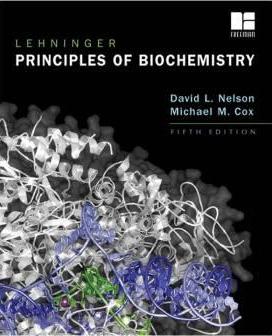
This course covers metabolism, i.e. the building (anabolism) and consumption (catabolism) of biopolymers.

This is a hands-on course designed to cover almost everything that you need to know about detection, quantification, isolation, fractionation, identification, and characterization of proteins, protein post-translational modifications or protein-protein interactions that will give the student a well-qualified scientist in a biotech or pharma industry, government or private lab, or a great graduate student.
This course covers everything that you need to know regarding protein purification, identification and characterization

This course requires prior knowledge of mass spectrometry, and it is mostly an upper level course. The Clarkson students who take Biochemistry I with Dr. Darie will be qualified to take this course. The course uses Dr. Darie’s book (1st and 2nd edition): Advancements of Mass Spectrometry in Biomedical Research, Eds. Alisa G. Woods & Costel C. Darie, Advances in Experimental Medicine and Biology Series (ISSN: 0065-2598), Springer International Publishing Switzerland, 806, doi: 10.1007/978-3-319-06068-2. 1st Edition (2014) and 1140, doi: 10.1007/978-3-030-15950-4. 2nd Edition (2019).
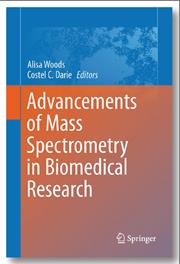
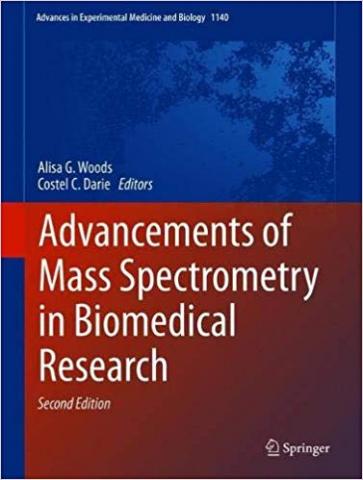
Current Topics in Omics Technologies or Integrative Omics will introduce the students to various theoretical and practical omics technologies, such as genomics, transcriptomics, proteomics, metabolomics, glycomics, lipidomics, etc., which analyze at large scale categories of biomolecules such as genome, transcriptome, proteome, metabolome, glycome, lipidome, etc. Interpretation and integration of the outcomes of these various omics experiments to provide a better understanding of the status of a cell, tissue, organ or organism regarding their physiological, pathological or developmental state will be discussed. Applications of these omics technologies within different fields such as healthcare diagnostics, pharmaceutical and biotech industry, academia, government, forensics, etc. will also be discussed. By the end of the course, the students will have a good understanding of the omics technologies and a good command in analyzing and interpreting omics data.
The students can do research in our lab and present their work at the local and regional conferences. If the data is promising and the project advances, the students can also attend national and/or international conferences to present their work. Sometimes, their work may also end up in a publication.
